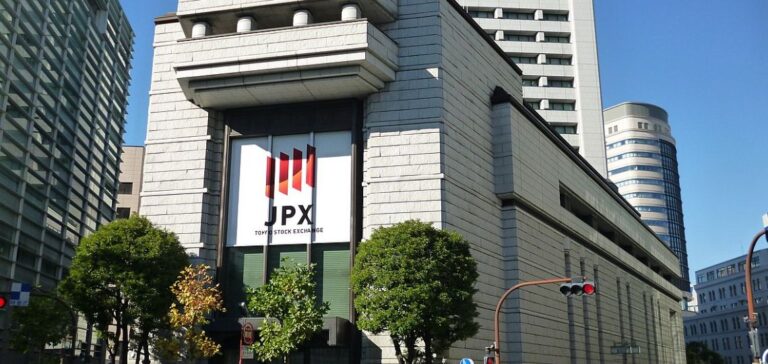Xpansiv, which operates the largest spot exchange for international voluntary carbon credits, has announced a partnership with Enechain Corp. This collaboration will give Japanese companies access to hundreds of project-specific carbon credits, as well as standardized contracts via the Japan Climate Exchange (JCEX). According to Xpansiv’s July 12 press release, this agreement is formalized by a memorandum of understanding enabling JCEX to connect to the Xpansiv Connect platform. This collaboration also marks an important step following several months ofuncertainty about the future of the carbon credit market in Japan.
Access to international carbon credits
After connecting with Xpansiv Connect, Japanese companies will be able to access a large volume of voluntary carbon credits, including those aligned with the Integrity Council for the Voluntary Carbon Market’s (ICVCM) Core Carbon Principles (CCP) and the Carbon Offsetting and Reduction Scheme for International Aviation (CORSIA). These credits are routed to JCEX from Xpansiv’s market infrastructure and the CBL exchange. Credits with the CCP label should see increased demand due to their environmental integrity in Japan.
Challenges and opportunities
The market for carbon credits in Japan, including J-credits from domestic decarbonization projects, is currently limited to around 1.5 million tonnes per year. However, demand for these credits is growing, underlining the importance of access to international carbon credits. In addition to facilitating this access, the partnership is exploring the possibility of making Japanese J-credits tradable on the CBL platform of Xpansiv, the world’s largest spot exchange for carbon credits.
Outlook for the carbon credits market
Japan has launched its own emissions trading scheme, the GX ETS, which enables participating companies to offset their emissions with J-credits, JCM credits generated by government-supported projects, and GX credits. Nevertheless, the role of voluntary carbon credits in the GX ETS remains uncertain. Demand for these voluntary credits is expected to grow steadily, in response to the government’s 2050 carbon neutrality targets. Japanese companies face technical challenges in achieving carbon neutrality, making access to international credits crucial.
This partnership between Xpansiv and JCEX marks a significant step forward for the Japanese carbon credit market, offering local companies a solution to meet the growing demand for high-integrity carbon credits. This initiative could also have a positive impact on the dynamics of carbon credit trading in Japan and internationally.






















